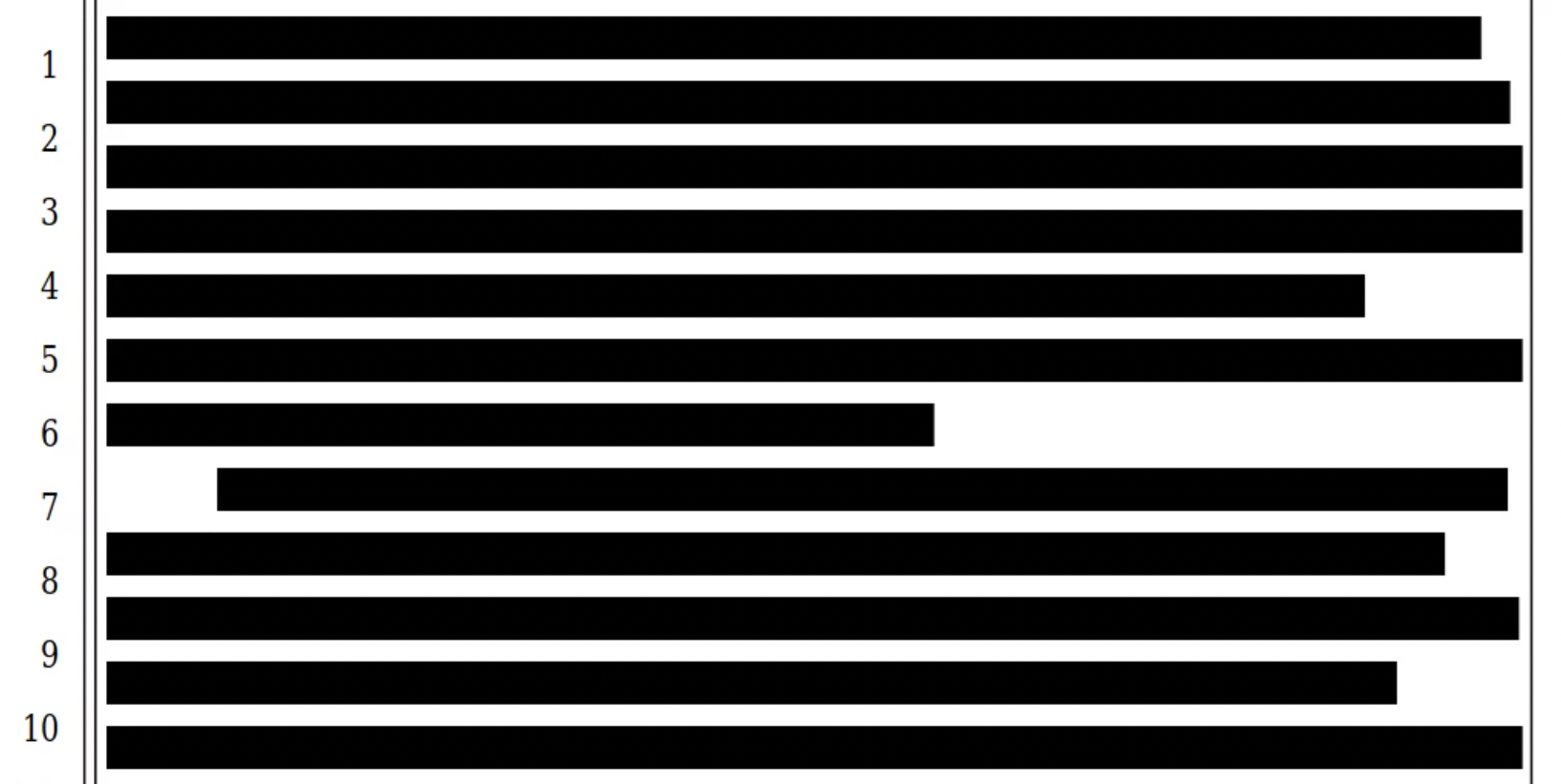FTC Supports News Organizations' Motion to Unseal Records in D.V.D. v. DHS
By Cortez Collins, FTC law clerk
 Fix The Court supports the June 13 motion filed by national media organizations to unseal records in D.V.D. v. Department of Homeland Security, currently before the U.S. District Court for the District of Massachusetts (docket here). The motion was filed by ABC, CNN, Dow Jones, the New York Times, NPR, Reuters and the Washington Post.
Fix The Court supports the June 13 motion filed by national media organizations to unseal records in D.V.D. v. Department of Homeland Security, currently before the U.S. District Court for the District of Massachusetts (docket here). The motion was filed by ABC, CNN, Dow Jones, the New York Times, NPR, Reuters and the Washington Post.
The case concerns a Trump administration policy that allows DHS to reinstate removal orders and deport individuals without individualized notice or credible fear screenings. Plaintiffs include individuals facing potential persecution or violence if returned to third countries.
While a temporary restraining order and preliminary injunction have been granted, many of the court documents, legal arguments and orders remain under seal, limiting public access to information that has far-reaching implications for immigration law and civil liberties. (We made similar arguments last month when filing a motion in support of livestreaming and unsealing in the Abrego Garcia case.)
We support the media organizations’ effort to unseal these materials, emphasizing that public access to court proceedings is a cornerstone of a transparent and accountable judiciary. The use of prior restraint and broad sealing in this case conflicts with well-established First Amendment protections and longstanding legal principles that disfavor secrecy in public courts.
This case raises questions of national significance: how and to what extent are immigration policies being enforced? What legal standards are being applied to vulnerable individuals seeking protection? And how is the judiciary interpreting executive authority in these contexts? None of these questions can be fully answered if critical documents remain hidden from public view.
Fix The Court believes that sealing judicial records should be an extraordinary measure, not a routine practice.
When secrecy becomes the default, especially in cases involving due process and executive power, the public is denied the ability to assess the fairness and legitimacy of the proceedings. Transparency in such cases not only informs public debate but also helps ensure confidence in judicial outcomes.
Granting the media’s motion to unseal would affirm the principle that justice must be seen to be done. Courts exist to serve the public, and the public has a right to observe their functioning, particularly when the consequences of a case extend beyond the courtroom.
Fix The Court urges the district court to unseal all non-sensitive records and restore full public access to this litigation — that includes ensuring that any hearings are livestreamed to the public.
This action would promote openness, uphold constitutional values and demonstrate that the judiciary can act in a transparent and accountable way.